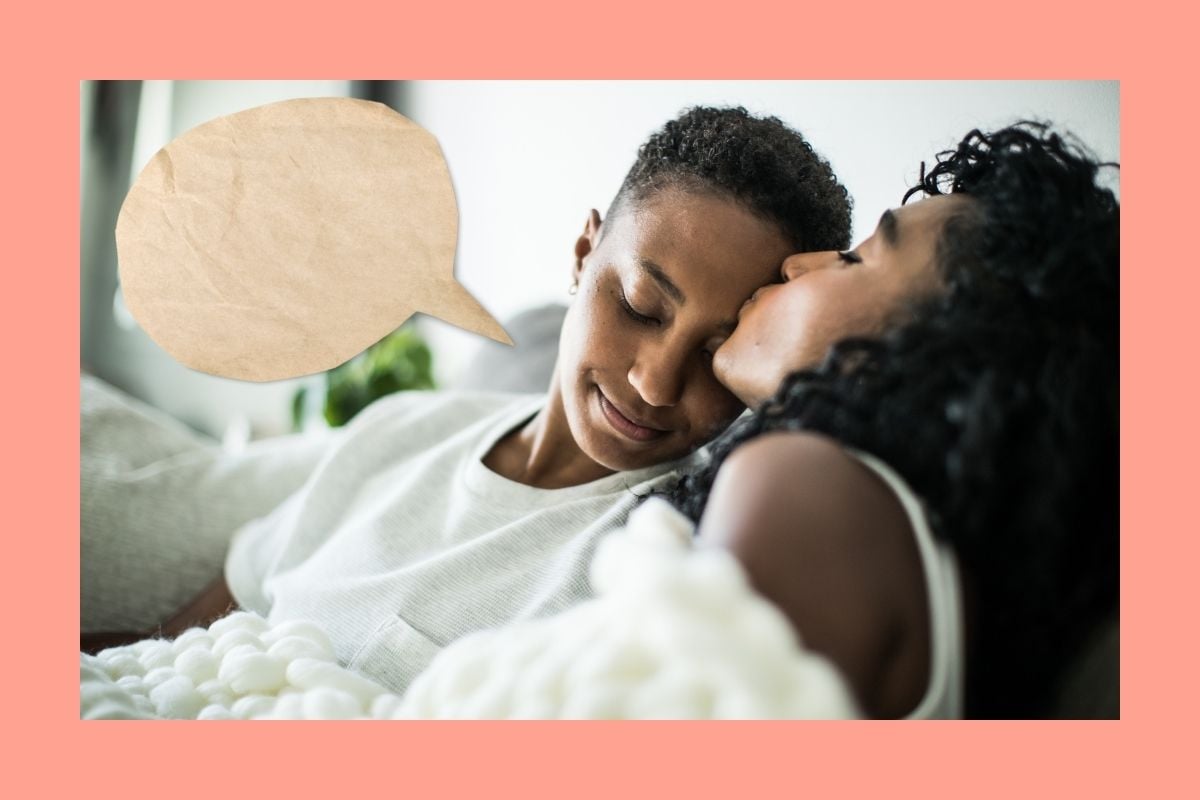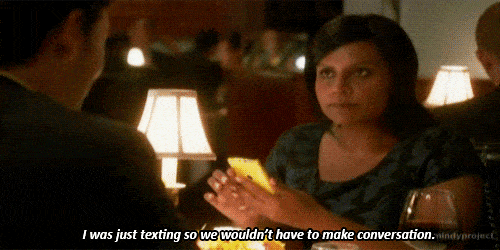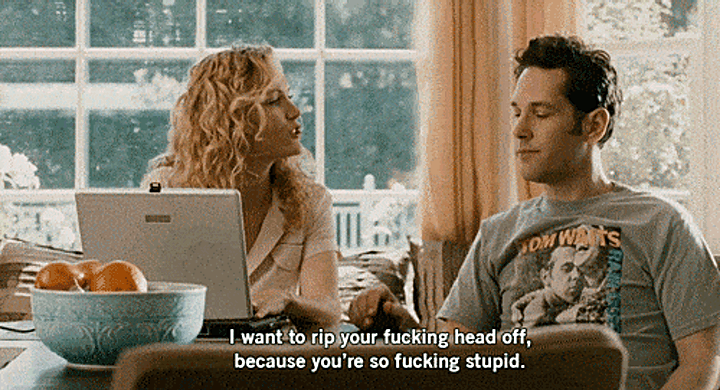
Having some really Not Fun conversations is just part of being in a serious relationship. And it's way fkn harder than anyone lets on.
Beyond tagging each other in memes, posting Instagram pics captioned "the boy did good" and "love doin' life with you", there are a whole load of other things you need to work on in order to make sure you both understand each other and want the same kinda things (a pet jaguar, to live in a treehouse etc.).
The key to this is obviously communication - which can honestly be confusing and awkward at times - especially when you're tackling the big stuff. If you're anything like us, just thinking about it can send you into a new level of panic you didn't quite know was possible.
But! It's really freaking important in order to develop and sustain a healthy partnership. And that's what you want, yeah?




